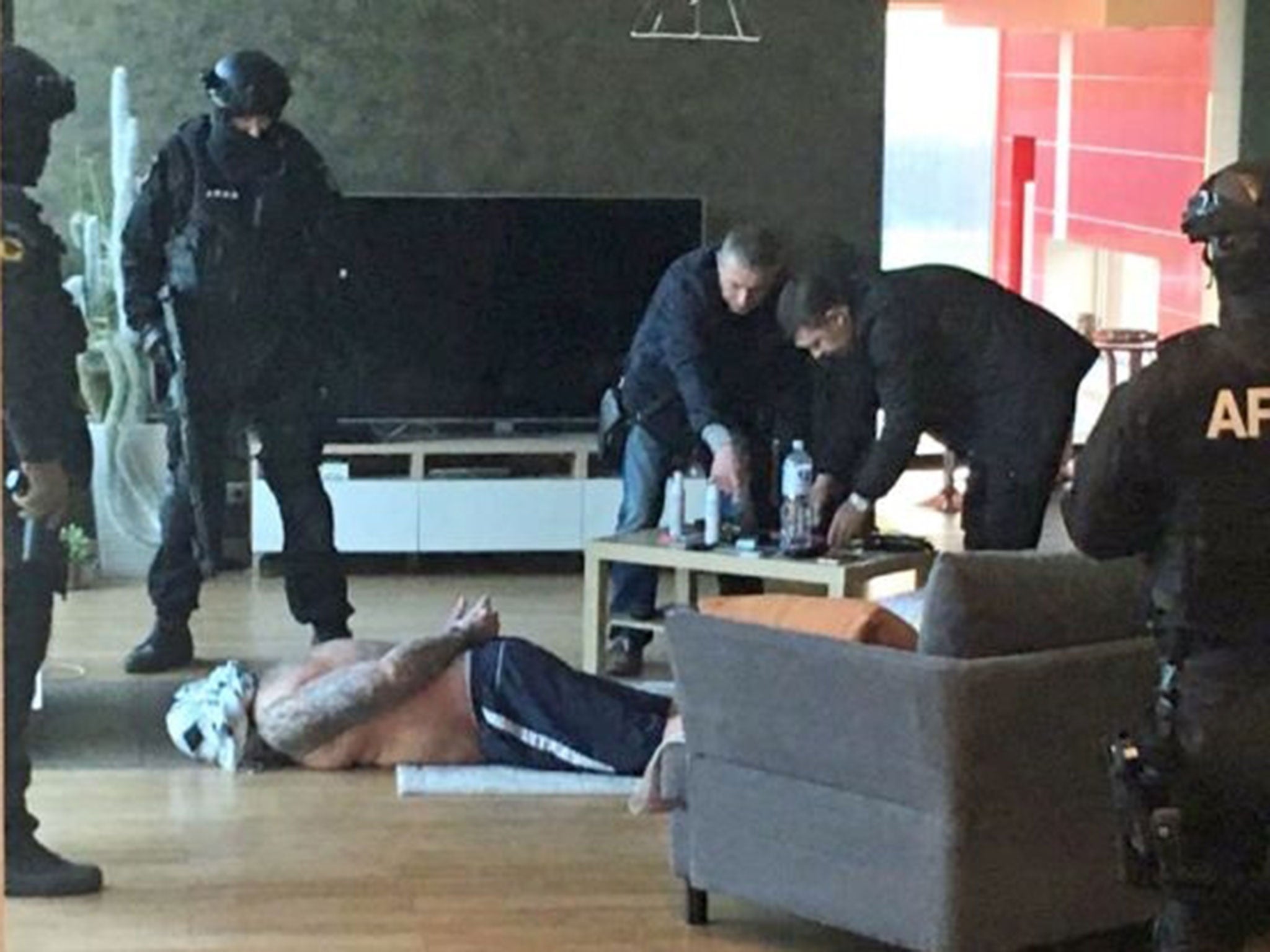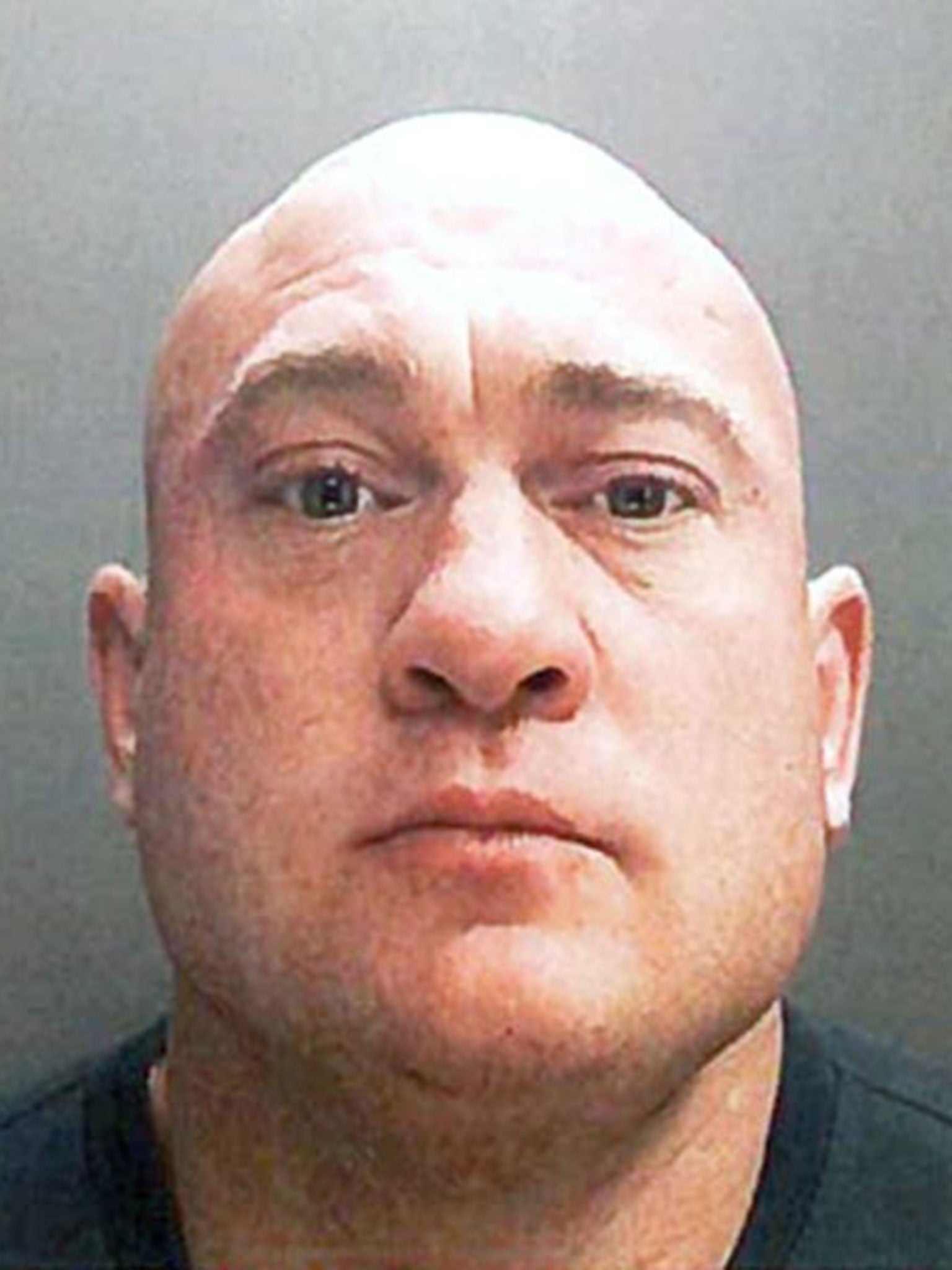One of Britain's biggest drug dealers convicted of running £68m into UK
James Mulvey lived like 'a ghost' to evade justice

One of Britain’s biggest drugs dealers has been convicted for his part in running £68m of cocaine and cannabis into the UK.
James Mulvey, who lived like “a ghost” to evade justice, was found guilty on a majority verdict of two counts of conspiring to bring cocaine into England, and two counts of conspiring to smuggle cannabis into the country, between 2006 and 2007.
Following the verdicts on Wednesday, which came after a 10-week trial at Birmingham Crown Court, the National Crime Agency (NCA) said Mulvey’s reputation as a criminal “untouchable” had been shattered.
In a bid to throw off law enforcement, Mulvey never stayed in one place too long, checking in to hotels for seven years, paid for in cash – sometimes by third parties. He routinely used so-called burner mobile phones, making his movements difficult to track.

The 42-year-old, originally from Solihull, West Midlands, moved to Spain when the police started closing in on the sophisticated smuggling operation he helped run.
The father-of-five was eventually arrested at gunpoint by Lithuanian special forces in 2017, after being tracked there during a “meticulous” investigation by the NCA.
His detention under a European arrest warrant was the conclusion to a criminal inquiry into a smuggling ring dating back to 2007, which had already seen his two associates prosecuted and jailed.
Mulvey and the men were running a large-scale drugs operation to bring contraband from Belgium across to England, before moving it on to Ireland. Drugs were stuffed inside hollow industrial metal rollers, on the backs of lorries.
The illicit cargo passed through a haulage yard in the sleepy village of Inkberrow, Worcestershire – better known as an inspiration for BBC Radio Four’s The Archers’ fictional setting of Ambridge.
The scheme was undone by an eagle-eyed Belgian warehouse worker, who spotted how the same rollers were returning to the depot.
A shipment of 20kg of cocaine, 364kg of cannabis and 10kg of cutting agent was seized. It is estimated that over 15 trips in total, up to £68m in drugs were smuggled through the route.
British law enforcement was informed once the England connection was uncovered, and in 2007 the rollers were seized by Irish police on an industrial estate in Dublin.
Several people were arrested in connection with the drug runs, including lorry driver Geoffrey Edwards and transport manager Barry Phipps.
Phipps, of Greenacres, Sutton Coldfield, was jailed for 25 years and Edwards, of Brandwood Crescent, both Birmingham, for 20 years for conspiring to supply drugs, after a trial at Birmingham Crown Court in 2009.
But Mulvey moved to Spain just days before Edwards and Phipps were arrested, in August 2007. There was not sufficient evidence to charge Mulvey at the time, but the investigation work went on.
It was not until 2012 with Mulvey returning to the UK when his father fell ill, that British officers were able to more closely investigate.
The NCA mounted a sophisticated surveillance operation, gathering covert audio and video recordings, to snare Mulvey.
Officers also employed forensic accounting, though one NCA financial investigator described Mulvey as “a ghost” operating without bank accounts or much of a paper trail.
The operation saw evidence gathered from nine different countries, while two of his former girlfriends testified against him.
Following conviction, Andy Quinn, NCA regional head of investigations, said: “Mr Mulvey would classify himself as an iconic, untouchable criminal. The NCA and its partners have today proven that isn’t the case.”
He added: “He obviously fled overseas following the conviction of his criminal associates and again probably thought that out-of-sight, out-of-mind for five years, that the NCA would give up.
“We never give up on individuals like Mr Mulvey. We have a long memory.”
Mulvey will be sentenced later on Wednesday.
Additional reporting by Press Association
Bookmark popover
Removed from bookmarks